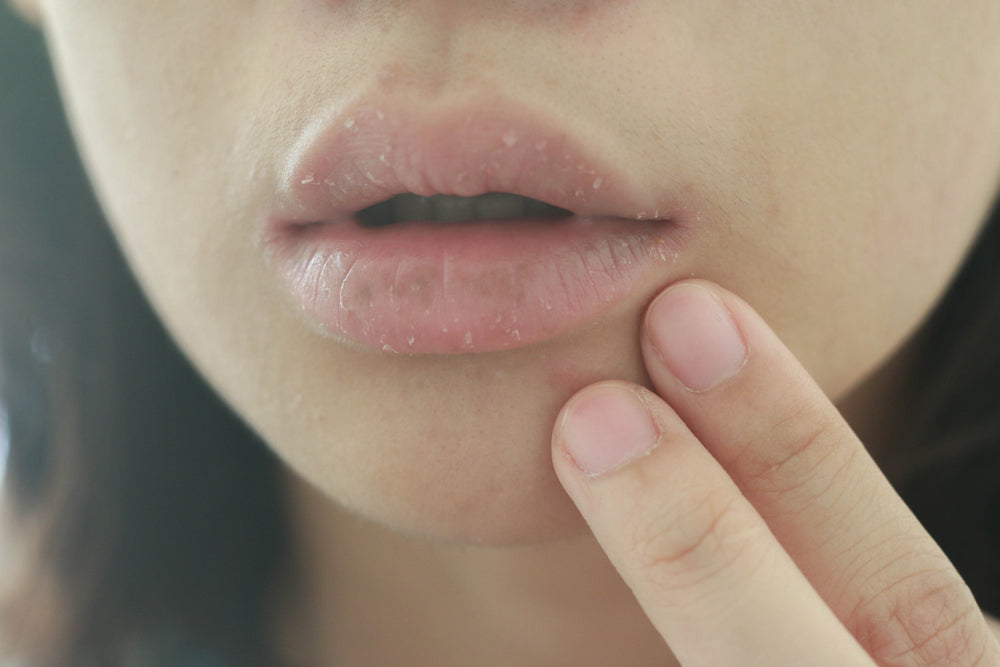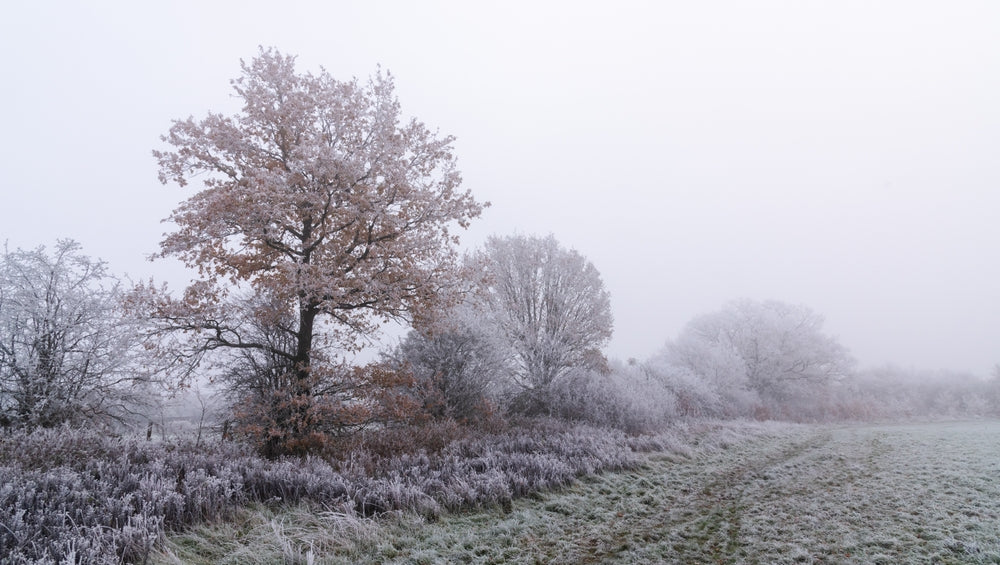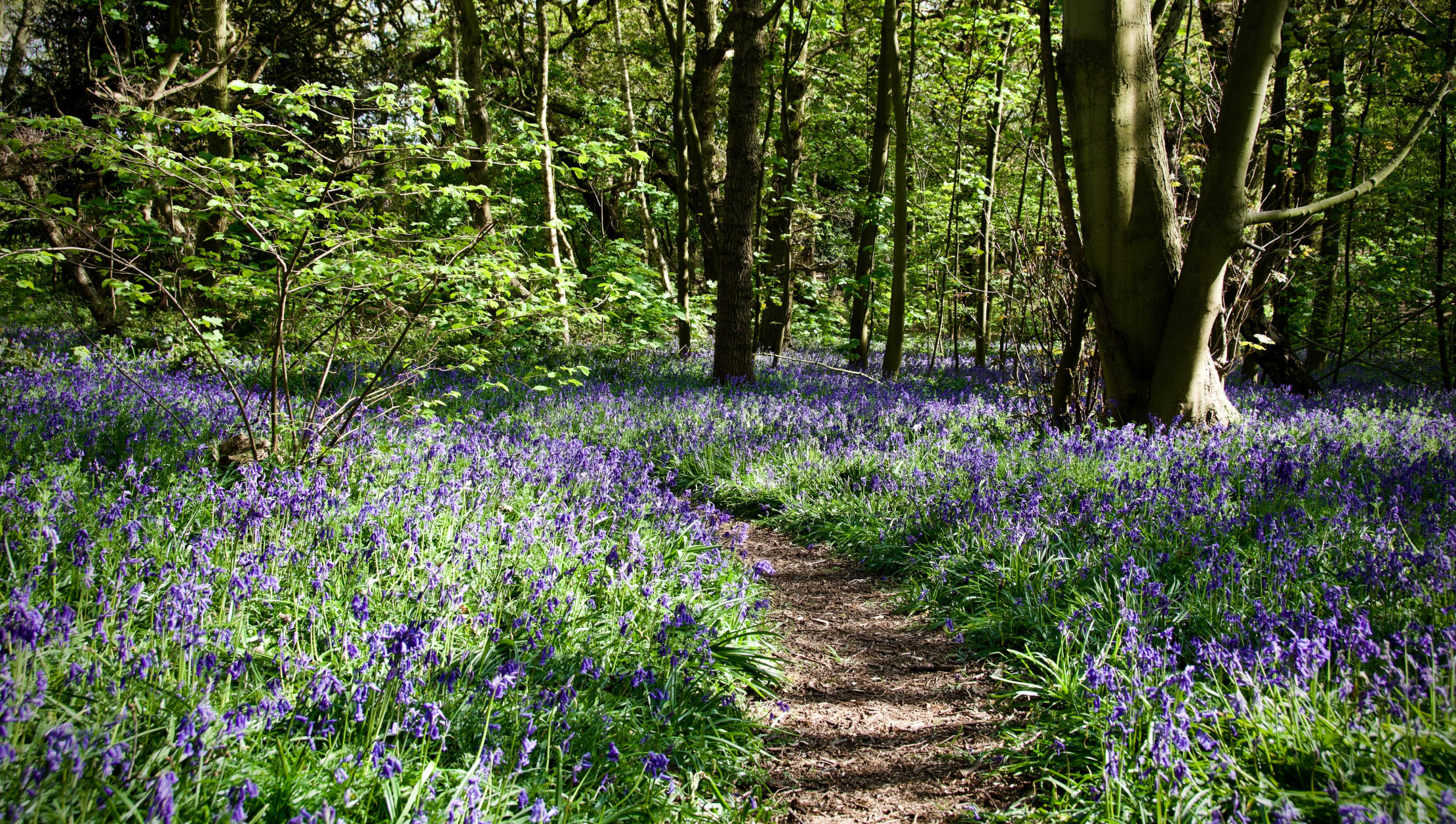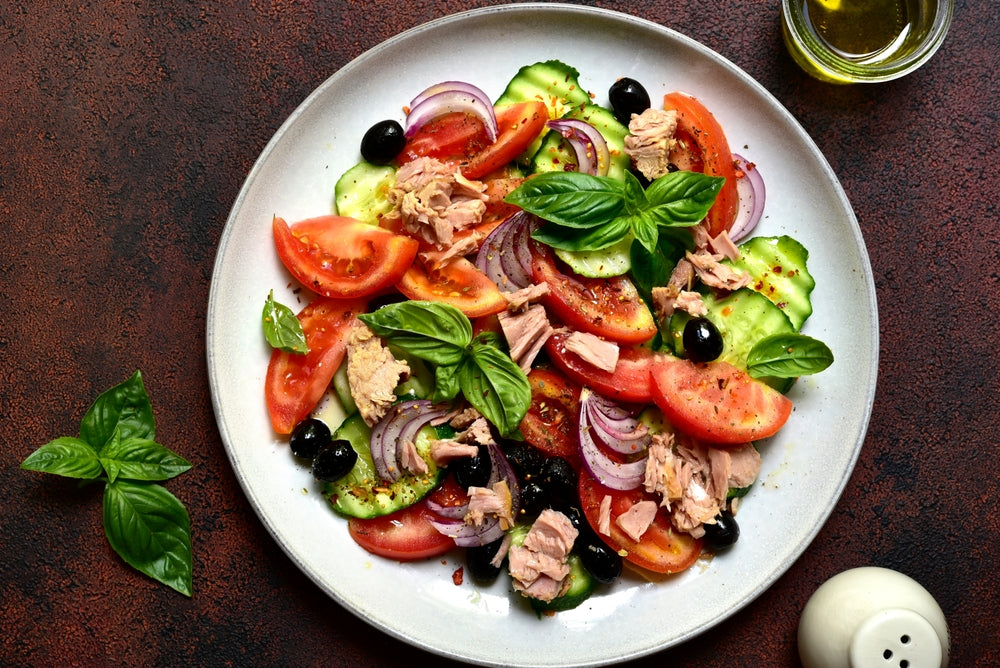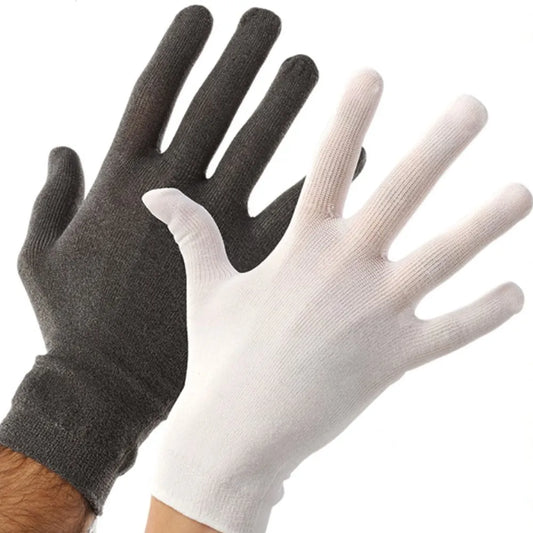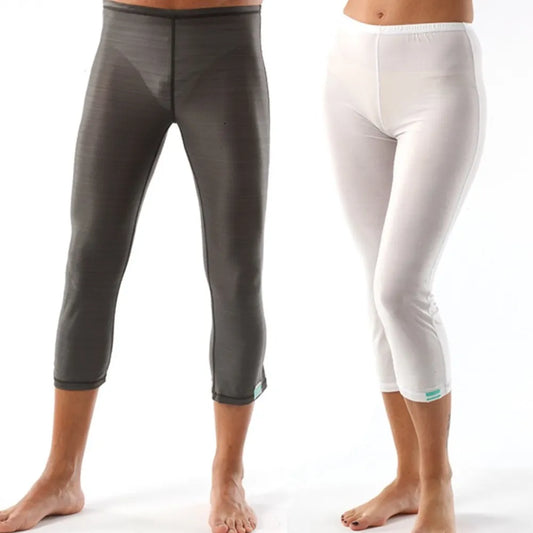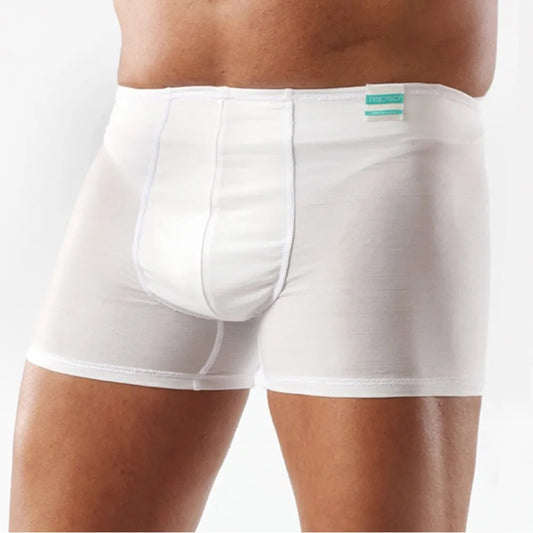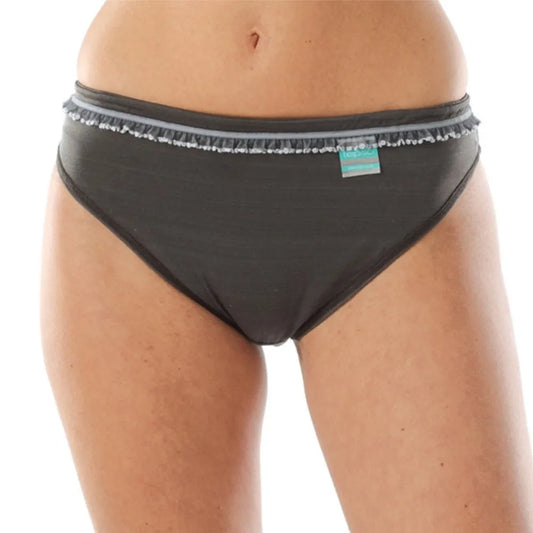In our family, one of the first signs that winter is really coming is the sudden uptick in calls of ‘has anyone seen my lip balm?’! Unlike the rest of our skin, the lips don’t have any pores or sebaceous glands, meaning that they don’t produce their own moisturising oils. As a result dry lips are often the first sign of an overall drying of the skin.
For eczema sufferers, dry lips are often a warning sign of a weather related eczema flare up. If your lips are struggling to keep their moisture, there’s a good chance the rest of your skin could do with a moisture boost as well. It’s probably time to step up your skincare regime.
What causes chapped lips
Chapped lips are most commonly associated with cold winter weather. Dehydration and sun exposure are other common causes.
Licking your lips frequently or eating salty foods are another possible cause. While licking sore, dry lips does give temporary relief, it will aggravate them in the longer term by stripping away any remaining protective oils.
Allergies to food or personal care products, like some toothpaste ingredients (sodium laureth sulphate and cinnamon derived additives) can also dry out the lips.
Less commonly, dry, chapped lips can be caused by a lack of vitamins and minerals (especially iron and B vitamins).
Some medications and supplements (vitamin A, retinoids, lithium and some chemotherapy drugs) can also dry the lips.
You may find that your dry lips are caused by a combination of the above. For example your lips might be dry throughout the year due to low level irritation from one of the above but much worse in the winter when the weather adds extra stress.
Home treatments for dry, chapped lips
Moisturise - The key treatment for chapped lips is moisturising. When lips are very sore, oils or soft ointments are typically more comfortable to apply. Solid, stick lip salves will drag as they are applied, especially if they are cold. Coconut, almond, rosehip and jojoba oils will all be effective. Shea butter, aloe vera, honey and plain Vaseline are great for intensive treatments. Apply directly to the lips and leave for 10 minutes before wiping off any residue. You could use any of the above overnight for maximum effect.
Hydrate - It’s also important to make sure that your body is hydrated as dry lips can be a symptom of dehydration. Ensure that you are drinking plenty of fluids - it’s easy to get out of the habit of drinking as the seasons change. Eating plenty of moisture rich fruit and vegetables like tomatoes, cucumbers, spinach, oranges and berries will also help. They’re also rich in skin friendly vitamins and minerals.
Protect - Protect your lips with lip salve (or lipstick) whenever you go out into the cold and remember to reapply every 2 hours. Protecting your face with a scarf can also help. Do your best not to lick your lips when they start to feel sore. The relief will be short lived and it will make them worse in the long run. If you find yourself picking at your lips, consider wearing gloves while they heal.
What to look for in a lip balm
The best lip balm is one that is comfortable to apply and that doesn’t feel heavy and uncomfortable on your lips.
As a rule of thumb, a product with a simple ingredients list is less likely to be irritating. Look for things like: Castor seed oil, ceramides, dimethicone, hemp seed oil, mineral oil, shea butter and white petroleum jelly.
Avoid fragrances and flavours, especially citrus, mint, peppermint, cinnamon and eucalyptus which are common irritants.
It's also best to avoid any balms that sting as this is usually a sign of irritation that could delay healing.
When to call get medical help
The term cheilitis is used to describe severely dry lips. Cheilitis is associated with infections and is characterised by cracks, especially at the corners of the mouth. If your lips are cracked and bleeding a trip to the pharmacist for professional advice would be wise.

